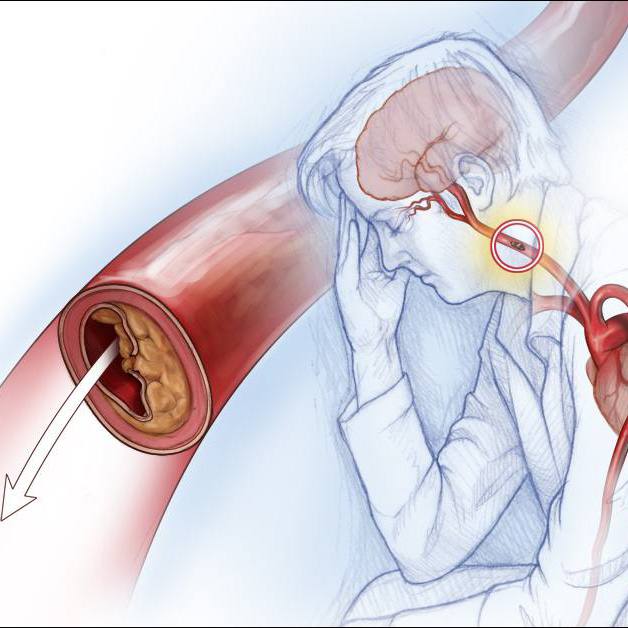-
Cardiovascular
Consumer Health: Understanding MS
 Multiple sclerosis
Multiple sclerosis
March 10-16 is MS Awareness Week, which makes it a good time to learn more about multiple sclerosis (MS), a potentially disabling disease of the brain and spinal cord (central nervous system). In MS, the immune system attacks the protective sheath (myelin) that covers nerve fibers and causes communication problems between your brain and the rest of your body. Eventually, the disease can cause the nerves to deteriorate or become permanently damaged. Signs and symptoms of MS vary widely, depending on which nerves are affected and the amount of damage. Learn more about the symptoms and disease course of MS.
***
Also in today's tips ...
Eating nuts for heart health
Eating nuts as part of a healthy diet may be good for your heart. One way nuts may help your heart health is by lowering the low-density lipoprotein (LDL, or "bad") cholesterol level, which plays a major role in the development of plaque that builds up in the blood vessels. Eating nuts also may reduce your risk of developing blood clots and improve the health of the lining of your arteries. And they're a great snack food — easy to store and easy to pack when you're on the go. See how adding nuts to your diet may help your heart.
Fitness training: Is your exercise routine in balance?
Whether you create your own fitness training program or enlist the help of a personal trainer, a well-rounded fitness training program is essential. Your overall exercise plan should include aerobic fitness, strength training, core exercises, balance training, and flexibility and stretching. Is your exercise routine in balance?
Diabetes and depression: What's the link?
If you have Type 1 or Type 2 diabetes, you have an increased risk of developing depression. And if you're depressed, you may have a greater chance of developing Type 2 diabetes. The good news is that diabetes and depression can be treated together, and effectively managing one can have a positive effect on the other. Learn more from Dr. M. Regina Castro, a Mayo Clinic endocrinologist.
Asthma-friendly products: Do they reduce symptoms?
If you or someone in your family has asthma, your health care provider may recommend that you take steps to control asthma triggers in your home. Purchasing asthma-friendly products may seem like a good step. However, while a number of manufacturers claim their asthma-friendly products reduce asthma triggers better than other products, often these claims aren't backed up with solid evidence. There's no sure way to tell how much a particular product might ease your asthma symptoms, but here are some tips to keep in mind before spending your money.







